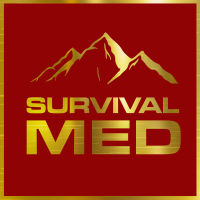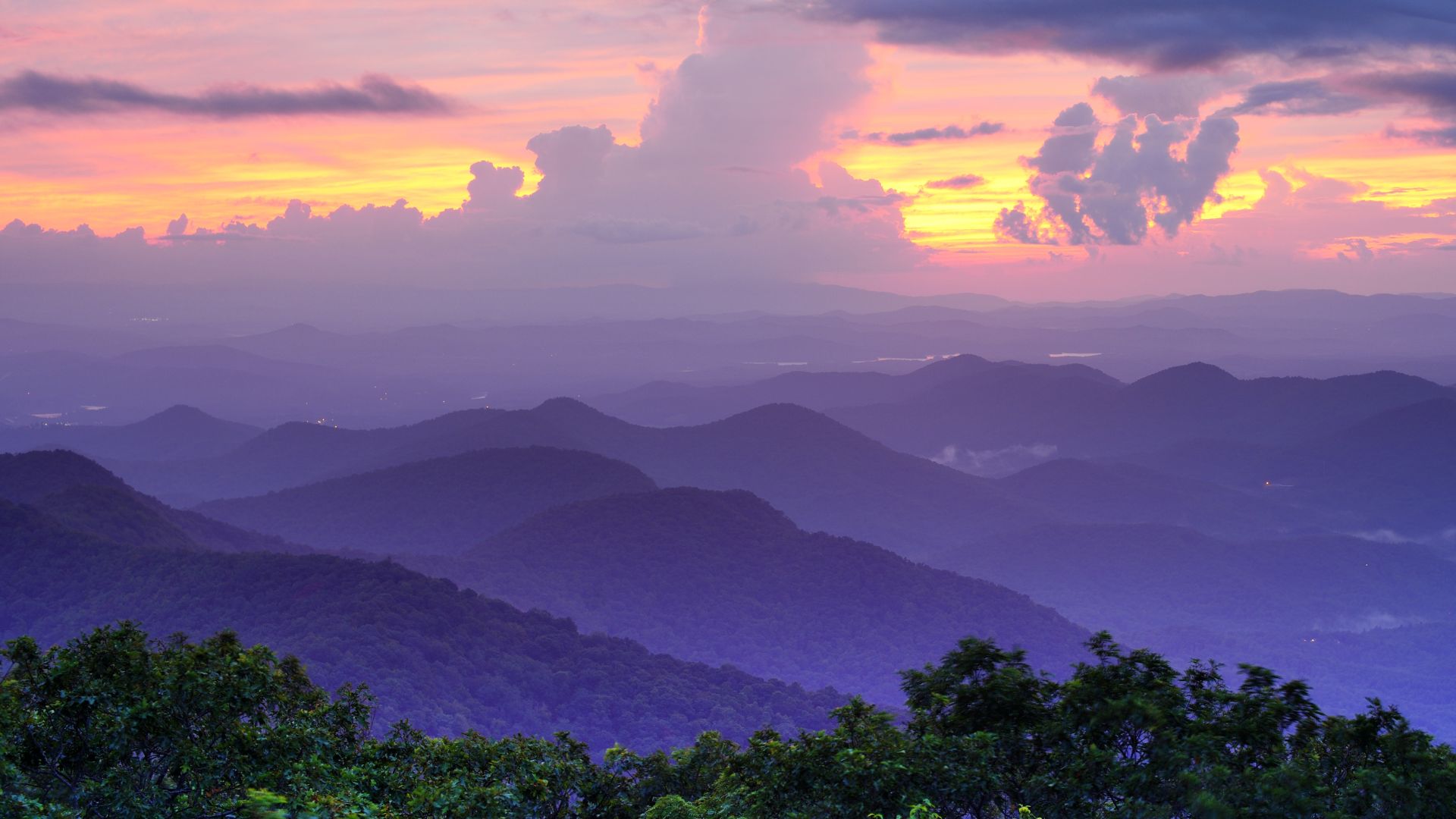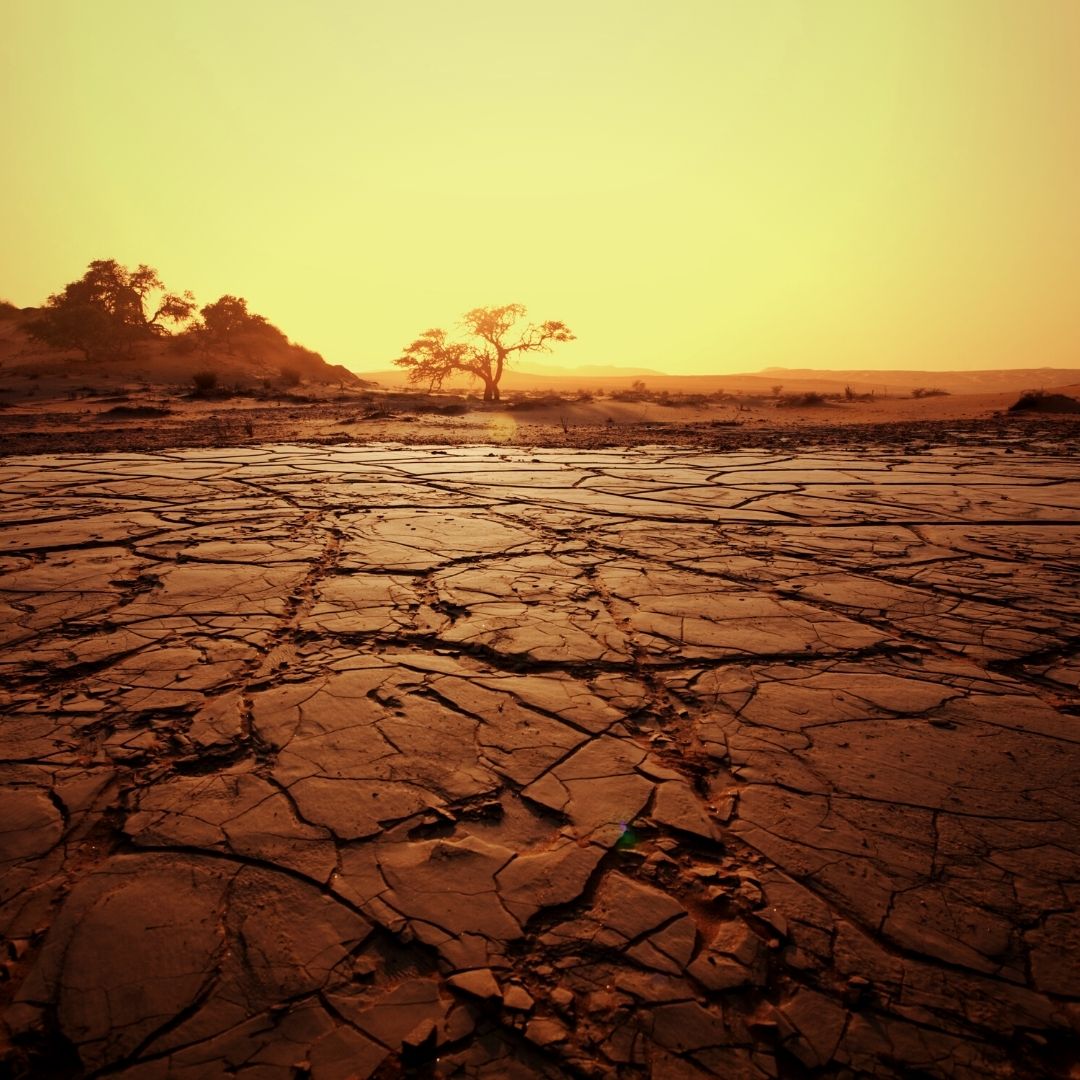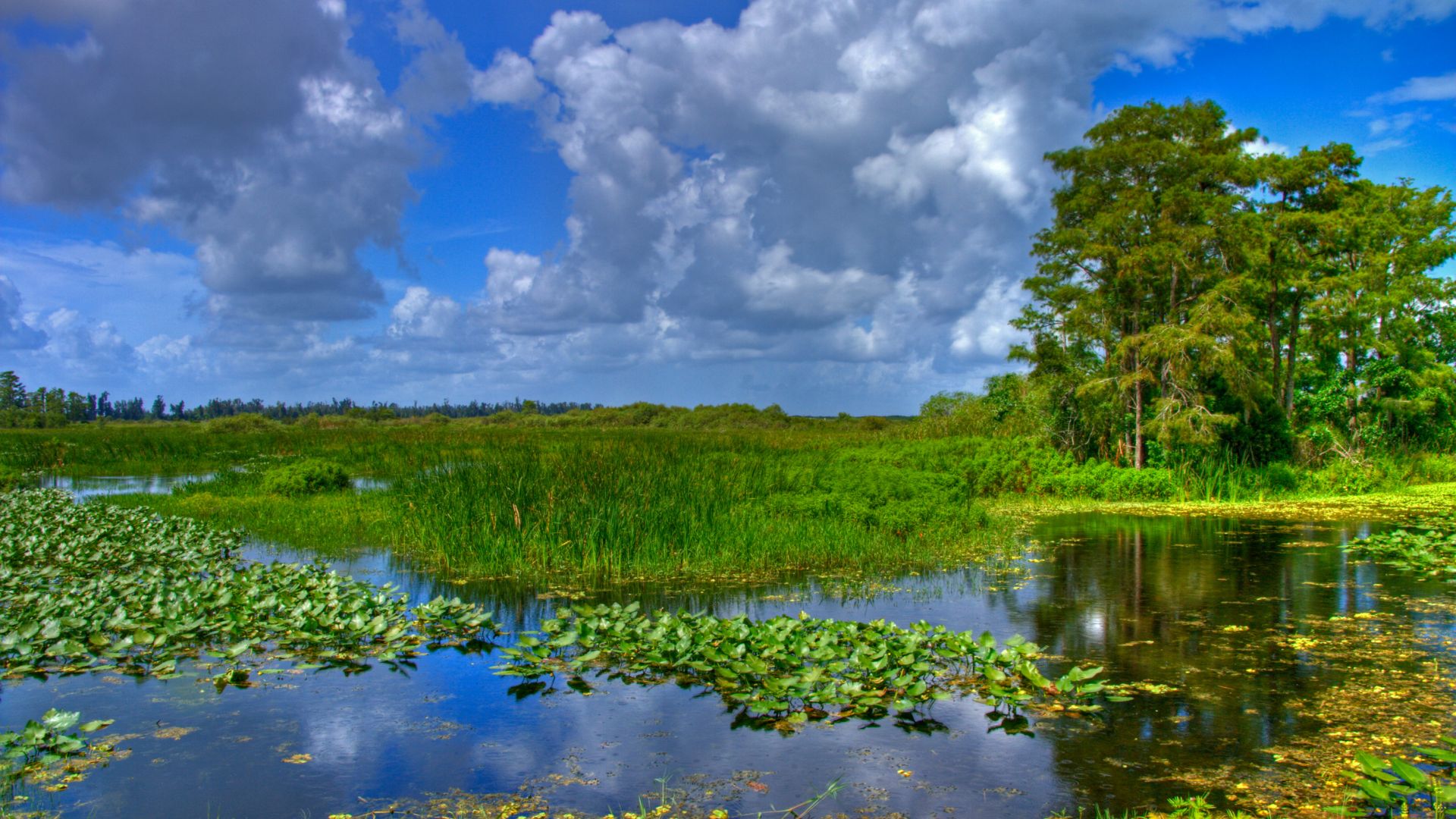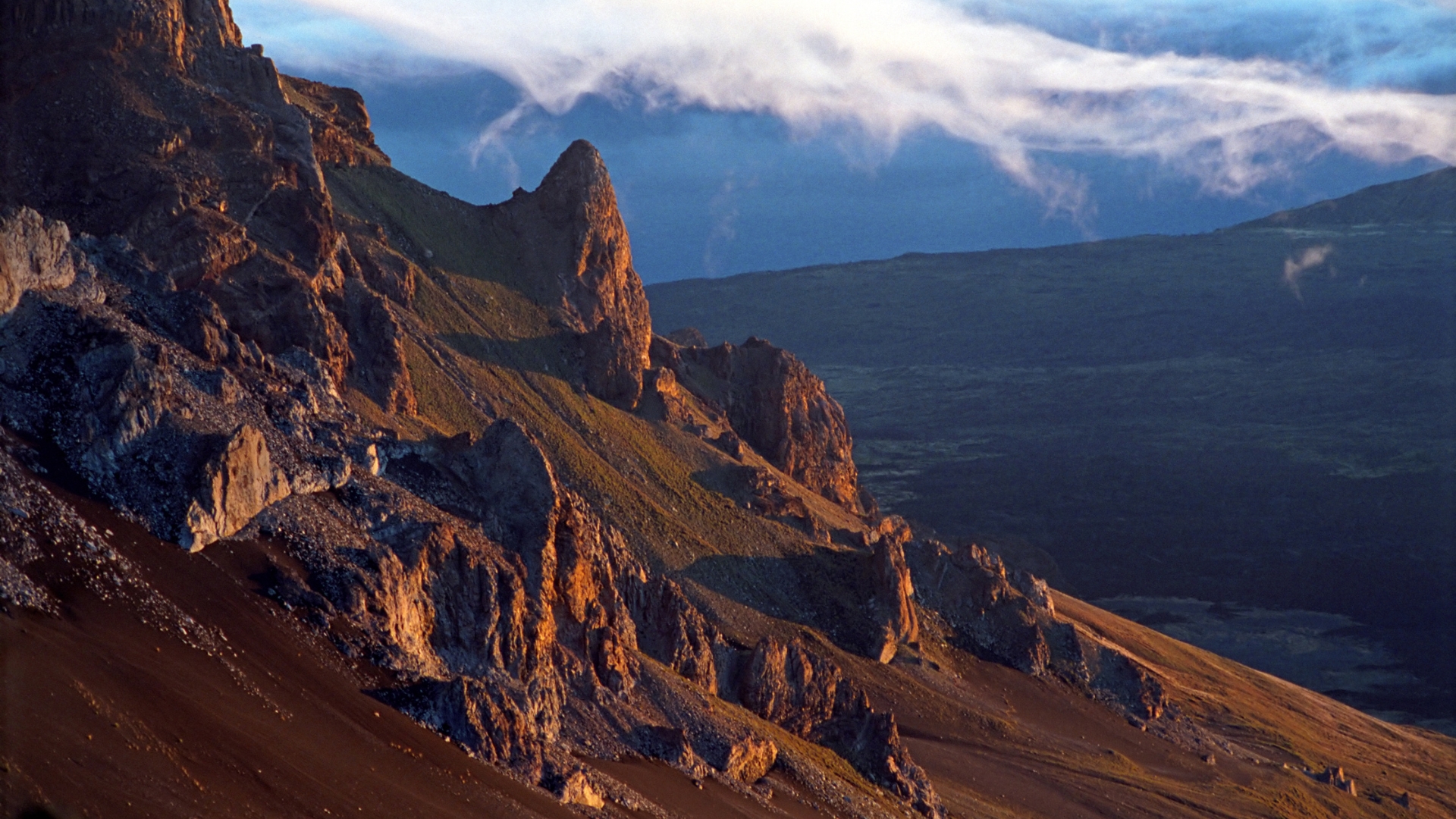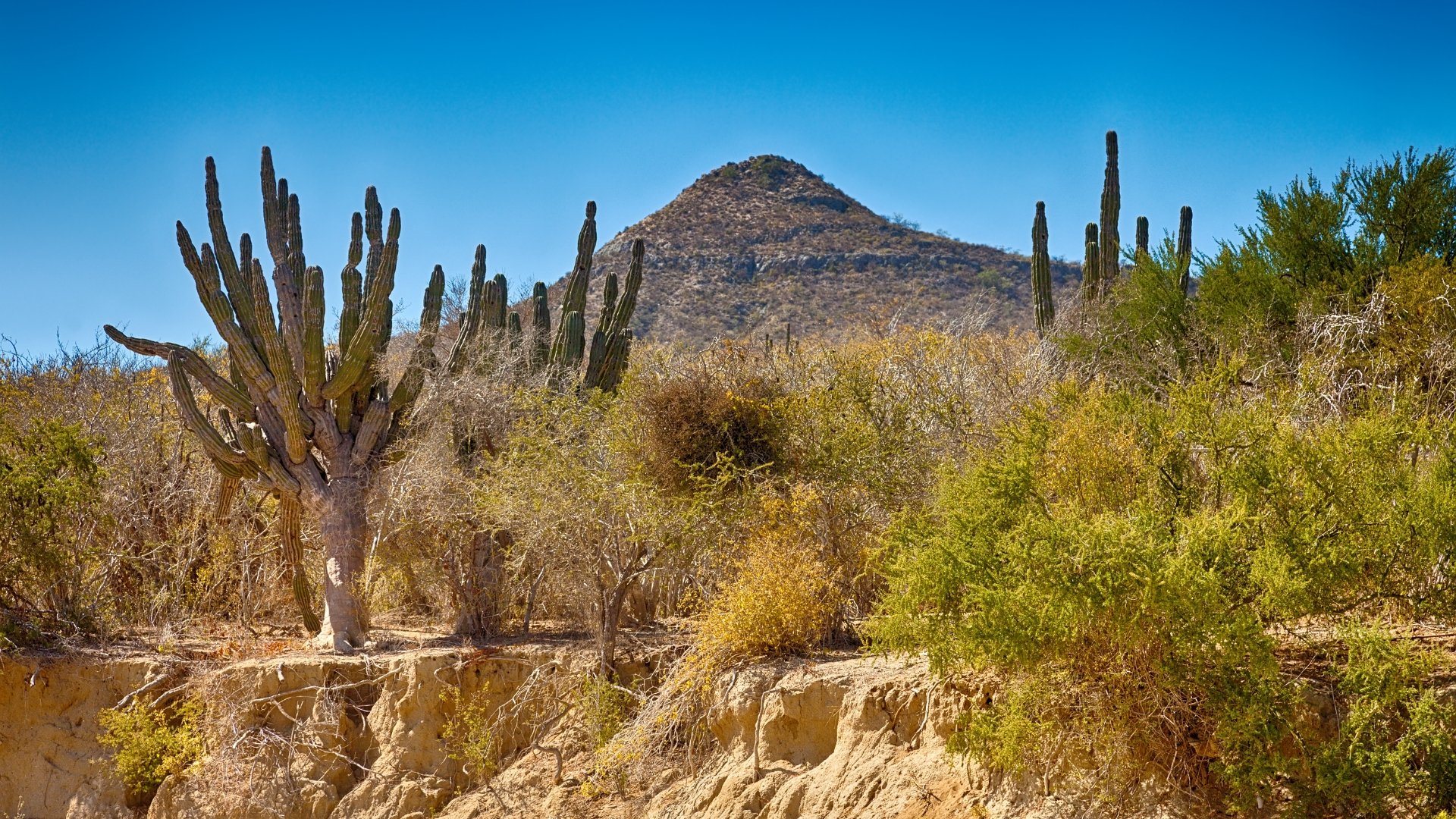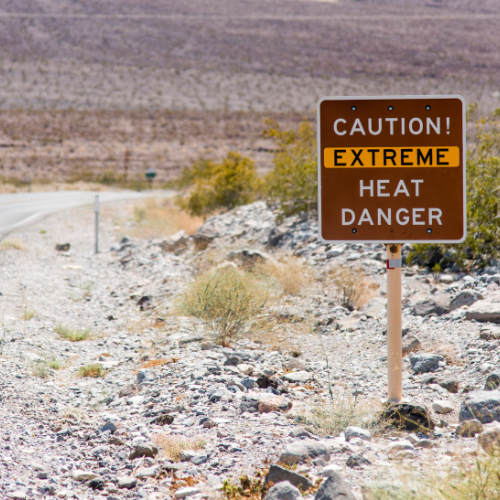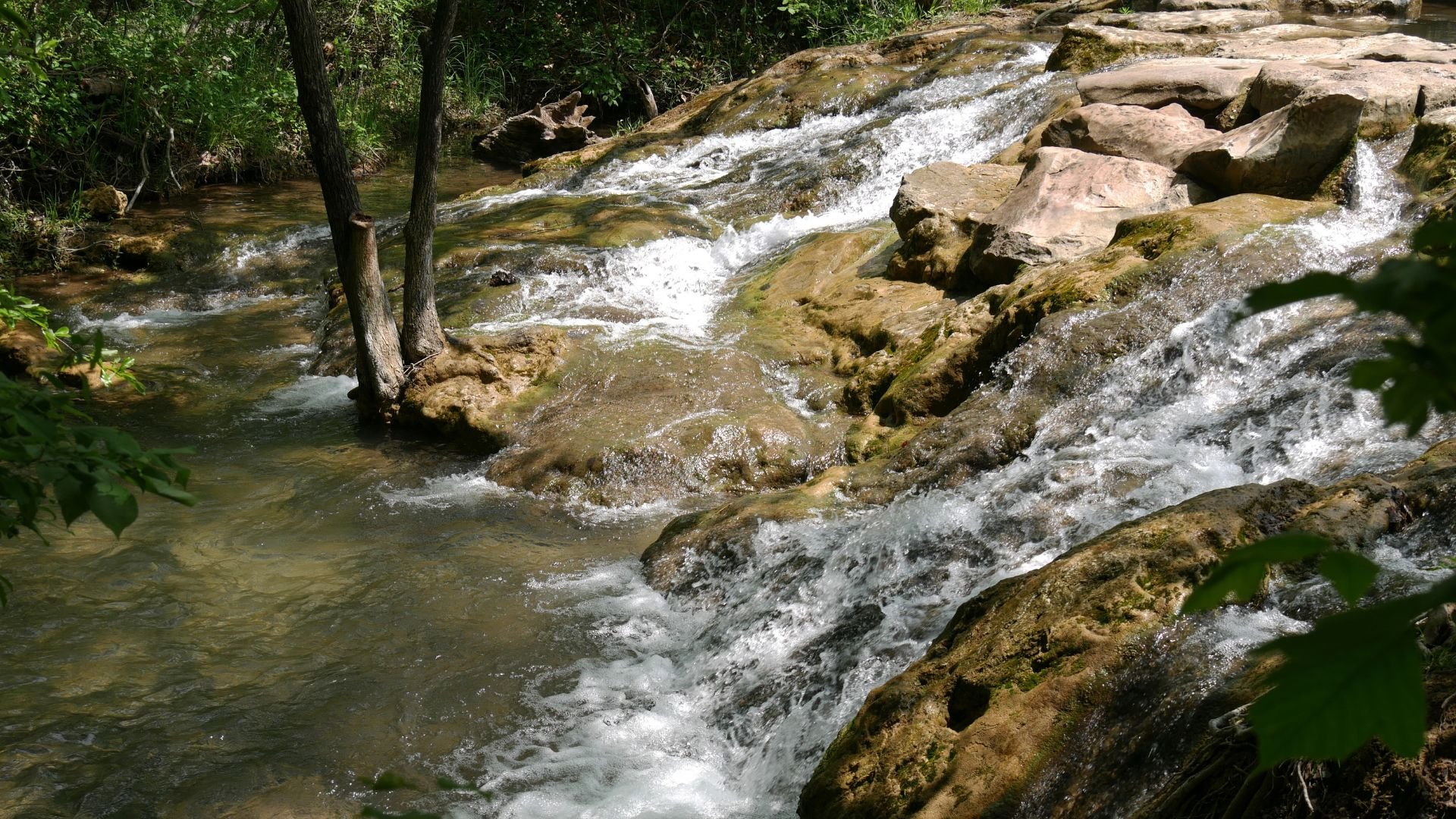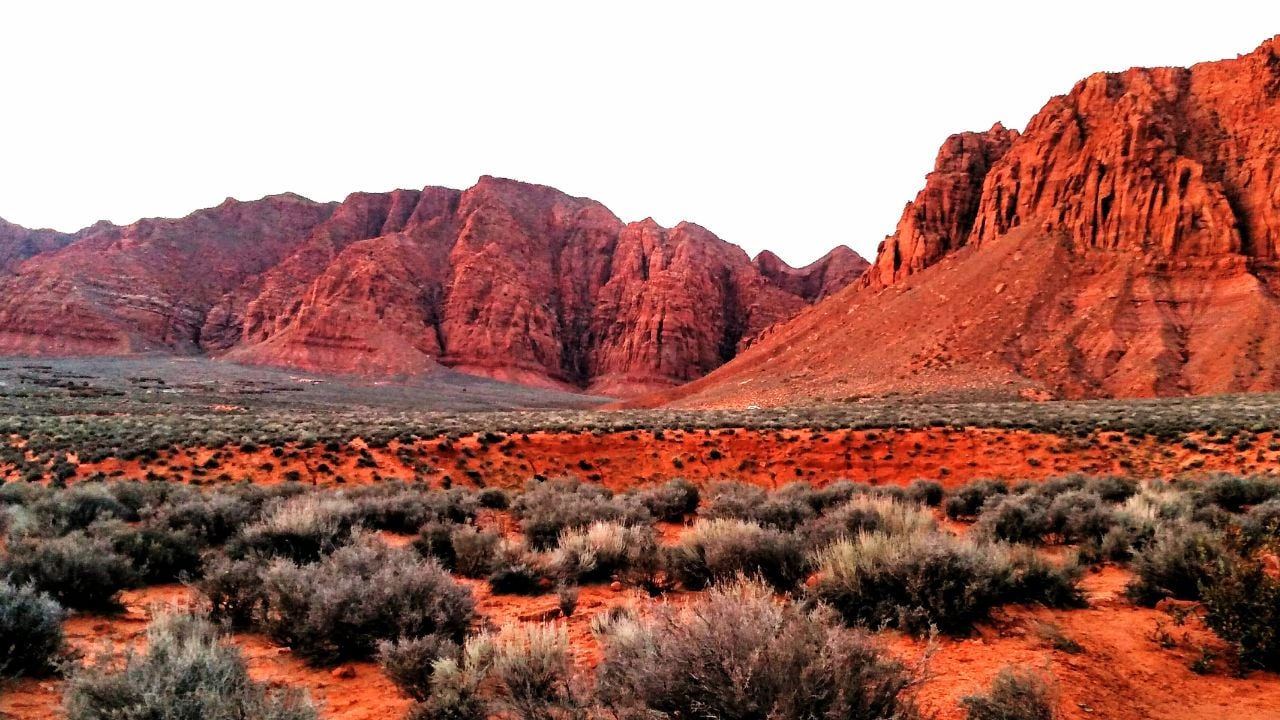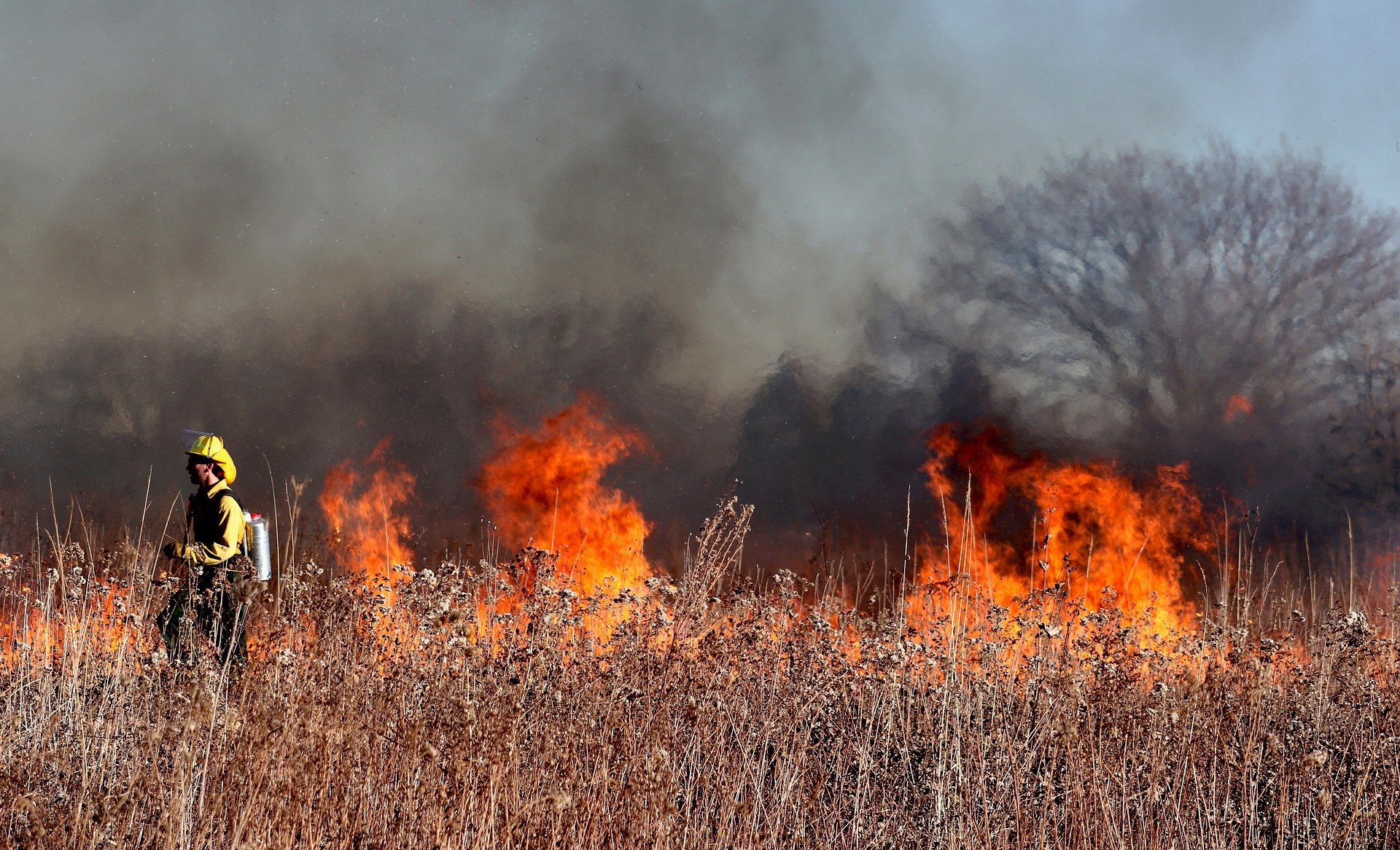No-travel WFR certification for outdoor leaders & adventurers, wilderness guides & search & rescue
Self-Paced Online Study + Instructor-Reviewed Hands-On Skills
Two years of course access • Two-year certification
Plus extra resources at no extra cost
Frequently-Asked Questions
Hands-On Practical Skills + Personalized Feedback
Expand your wilderness first aid skills to a broad range of high-stakes situations.
Master our 43-point physical exam, spinal assessment protocol, patient transport techniques and more.
Add the Live Zoom Scenarios & Skills Upgrade for 1.5 hours of small-group coaching & discussion led by our medical faculty.
Video classes teach patient assessment protocols plus spinal stabilization, splinting, tourniquets, compression bandaging and more
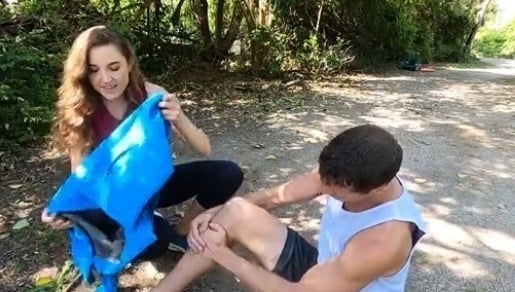
Submit videos & photos of practical skills using "volunteer patients" & get individual feedback from our medical faculty
Add Live Zoom Scenarios & Skills Upgrade for $50
90-minute live small-group scenario and skills coaching. Weekday and weekend sessions available. Discussion led by our medical faculty and tailored to participant priorities.
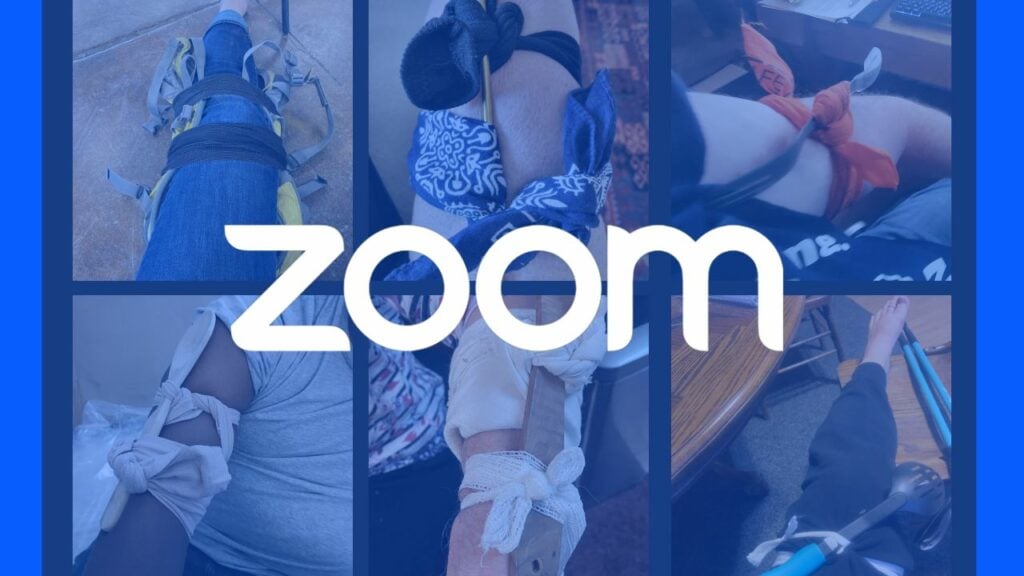
Wilderness First Responder Topics Covered
* advanced content not found in other in-person or hybrid Wilderness First Responder courses

Widely-accepted 2-year certificate
Accepted by National Park Service, USDA Forest Service, National Assn for Search & Rescue, ACA/PaddleSports (American Canoe), The Mountaineers, mountain rescue teams, ski/beach patrol, SAR teams, local Sierra Club chapters, guide & expedition businesses & many others
NOTE: As a matter of policy, federal & state agencies do not endorse specific wilderness medicine schools or programs.
Select Options & Check Out
Self-Paced Online Study + Instructor-Reviewed Hands-On Skills Submitted via Videos & Photos
Everything in Standard WFR Certification
+ 1.5 Hour Live Zoom Scenario & Skills Upgrade
Customer Reviews
Preview an actual Wilderness First Responder scenario
Test your knowledge with realistic wilderness emergency scenarios
Practice essential emergency assessment, treatment & evacuation decision-making
Includes Survival Med Challenge! Webinars
Extra Resources—At No Extra Cost
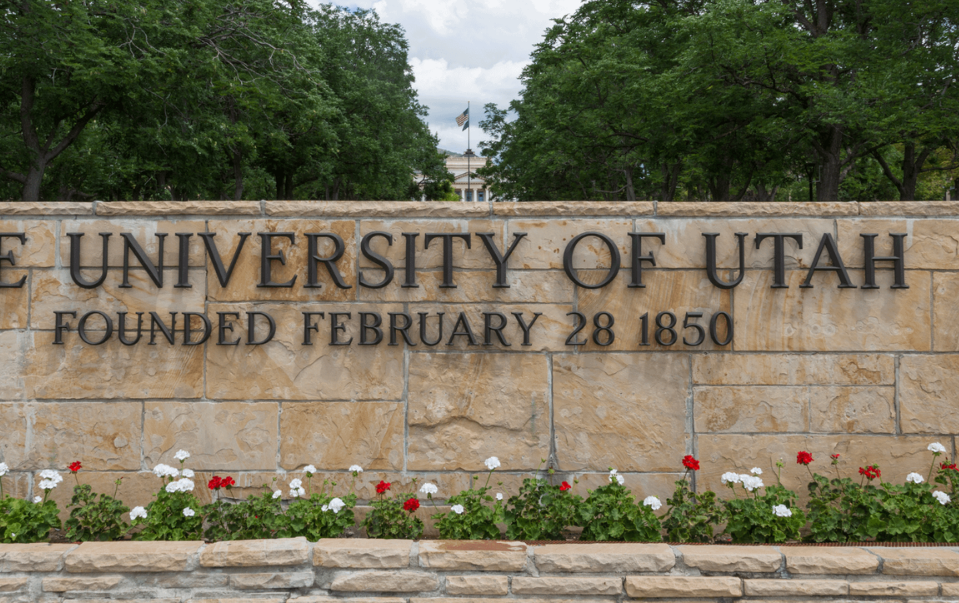
Optional free enrollment in Univ. of Utah's Associate in Wilderness Medicine advanced certification program—only through Survival Med!

Free access to 50+ hours of advanced wilderness medicine podcasts—from knocked-out teeth to SAR incident command protocols & more!
